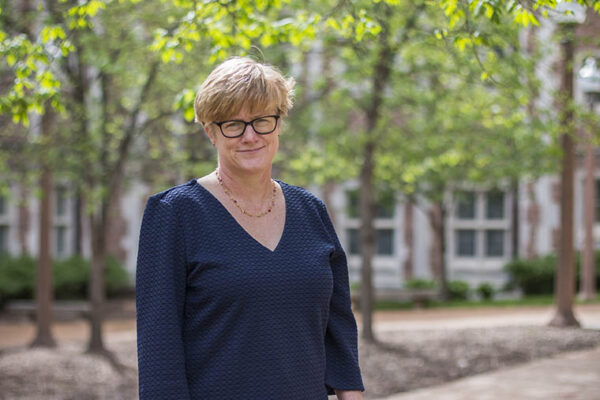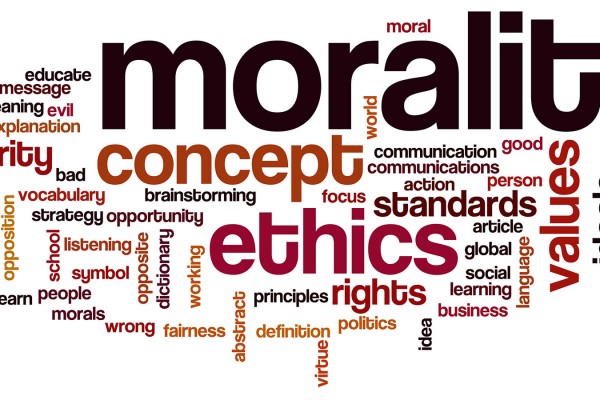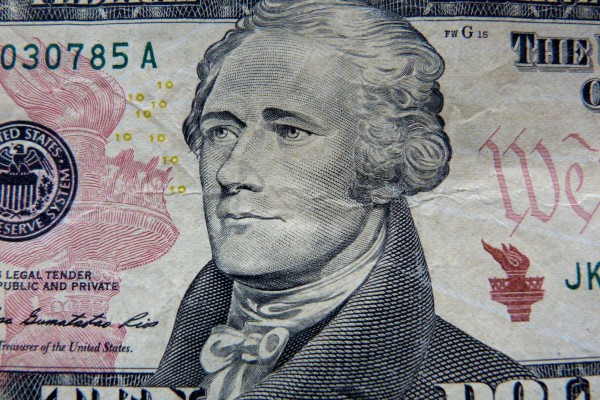McDermott wins Psychonomic Society award
Kathleen McDermott, professor in psychological and brain sciences in Arts & Sciences at Washington University in St. Louis, is one of two recipients of the 2019 Psychonomic Society Mid-career Award.
Quick learners remember more over time
Healthy adults who learn information more quickly than their peers also have better long-term retention for the material despite spending less time studying it, finds a new study from psychologists at Washington University in St. Louis finds.
Act fast to pay attention
Want to improve your attention? Arts & Sciences brain sciences researcher Richard Abrams at Washington University in St. Louis finds that our attention may be guided by the most recent interactions with our environment.
Early signs of Alzheimer’s: Navigating may hold key
Long before Alzheimer’s disease can be diagnosed clinically, increasing difficulties building cognitive maps of new surroundings may herald the eventual clinical onset of the disorder, finds new research from Washington University in St. Louis.
WashU Expert: UN ‘Happiness Day’ has serious side
While cynics may scoff at the United Nations’ March 20 observance of International Happiness Day, a positive psychology researcher at Washington University in St. Louis says it’s high time for happiness to be taken seriously.
People stay true to moral colors, studies find
While philosophers and voters can debate the pros and cons of situational ethics, new research from Washington University in St. Louis suggests that most people stay true to their intrinsic moral colors — good or bad — when dealing with day-to-day choices, regardless of extenuating circumstances or well-intended reform efforts.
Memory test: Which president is this?
Alexander Hamilton, Benjamin Franklin, Hubert Humphrey and some guy named “Thomas Moore” are among the names that many Americans mistakenly identify as belonging to a past president of the United States, finds a news study by memory researchers at Washington University in St. Louis.
Washington University ‘Memory Hackers’ featured on PBS/NOVA
An upcoming broadcast of NOVA called “Memory Hackers,” airs Wednesday, Feb. 10, and will explore the cutting edge frontiers of human memory. Washington University in St. Louis scientists are featured in the show.
Is your toddler ready for reading lessons?
Even before they can read, children as young as three years of age are beginning to understand how a written word is different than a simple drawing — a nuance that could provide an important early indicator for children who may need extra help with reading lessons, suggests new research from Washington University in St. Louis.
WashU Expert: Top 10 tips for a happier New Year
Wishing family and friends a “Happy New Year” is all well and fine, but if you’re serious about spreading cheer in the New Year, consider passing along more specific advice from a psychologist who studies the science of happiness at Washington University in St. Louis.
View More Stories









